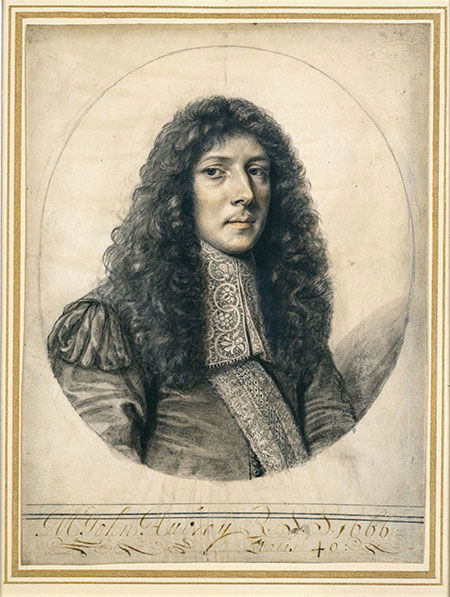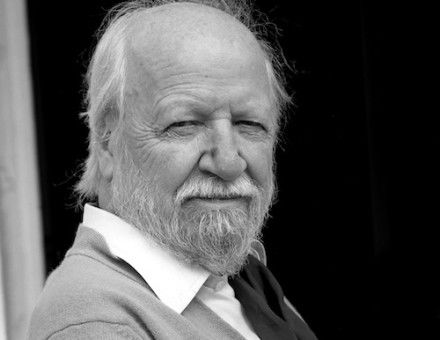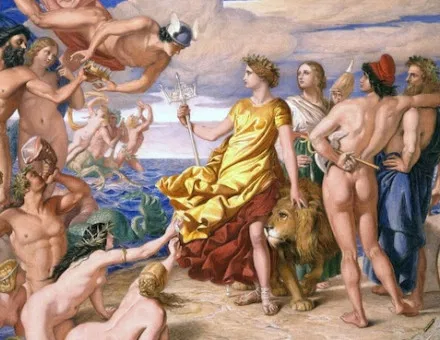Between fact and fiction
We live in an era sceptical of singularity and authority, yet attracted to narrow certainties. Might a more self-consciously subjective approach to history offer solutions, asks Mathew Lyons?

What does it mean to write history today? What claims can historians make about their work? These are just two of the questions that sprang to mind after listening to Niall Ferguson tussle with the Pulitzer Prize-winning novelist Jane Smiley on Radio 4’s Start the Week in October.
Ferguson was attempting to clarify the distinction between historians and writers of historical fiction. ‘What happened and how it felt are not separate things’, he said:
Historians are as much concerned with how it felt – the difference is, we are actually basing it on research rather than our imaginations. People who write historical fiction are telling you what it must have felt like. But that’s not what it felt like, because essentially they’re projecting back, in [Jane’s] case early 21st century ideas.
Ferguson, Harvard’s Laurence A. Tisch professor of history, has long been a proponent of the counterfactual, which – whatever its virtues and vices – is at heart an imaginative project. Indeed, Ferguson edited one of the leading books on the subject, Virtual History: Alternatives and Counterfactuals (1997).
Yet how do historians justify what they do? Certainly they can no longer pretend to Olympian distance and uninterested authority. We are all a product of the times we live in, fed by the oxygen of our experiences, and it is disingenuous to claim otherwise. We live in a multi-channel, multi-vocal era, which is sceptical of singularity and authority, but paradoxically attracted to narrow certainties and averse to self-doubt. How should historians adapt their practice to reflect these competing tensions? Doubt is central to intellectual enquiry, but by the time a work arrives in print, doubts have usually been effaced. The goal of historical research is to work our way out of doubt towards authority; perhaps work that articulates explicitly that process would better represent to the wider public what historians actually do.
Likewise, do historians challenge themselves enough to find an appropriate form for their ideas? They strive for originality of research and analysis, but how often do they strive for originality or inventiveness of form? The book or long-form essay may still be the best format historians have for sustained and rigorous argument. But do they default to it out of admiration, laziness, or cultural deference? After all, today’s cultural and technological fragmentation and diversity offers enormous opportunities for generically – and therefore intellectually – satisfying creativity to those with the requisite talent, ambition and desire.
To take two examples in different media: Ruth Scurr’s My Own Life (2015) might best be described as an autobiographical biography of John Aubrey, piecing the great antiquarian’s life together out of the voluminous chaos of his published and unpublished writings. Elsewhere, and largely unmarked in the press, BBC television’s Footballers United, an innovative historical drama, recently won a Prix Italia for Best Digital Storytelling. It used its medium to create a touching and thoughtful narrative illuminated by archive materials actually embedded in it. Rather than a drama-documentary, it was a new thing: a documented drama.
To write history is to fill our glass with water from the Thames and claim we have captured the river. This is as true of Jane Smiley as it is of Niall Ferguson, but the author of fiction makes no claim to objective truth or authority and so may be more true to our times.
Certainly, the boundary between fiction and non-fiction is more porous than we like to think. Perhaps an approach to non-fiction historical writing that was more comfortable in acknowledging its subjectivity, its contingency and its intellectual frailties would challenge readers to think more deeply about the nature of history and its place in our culture.




